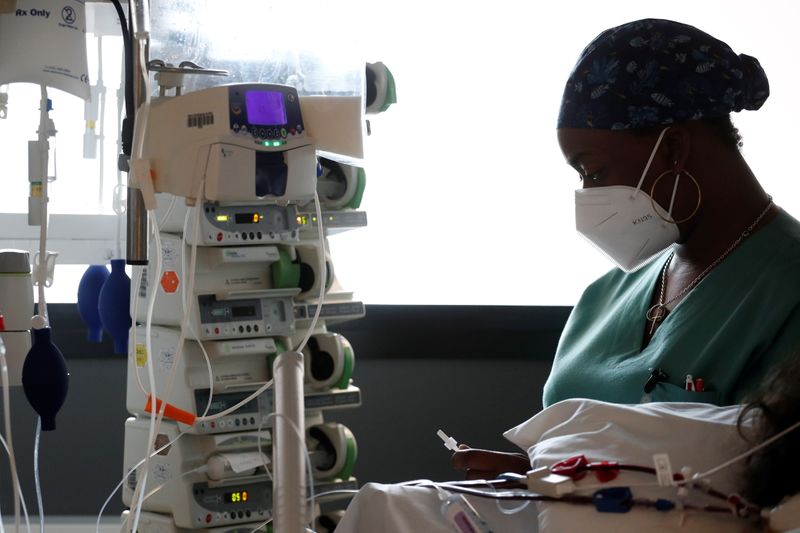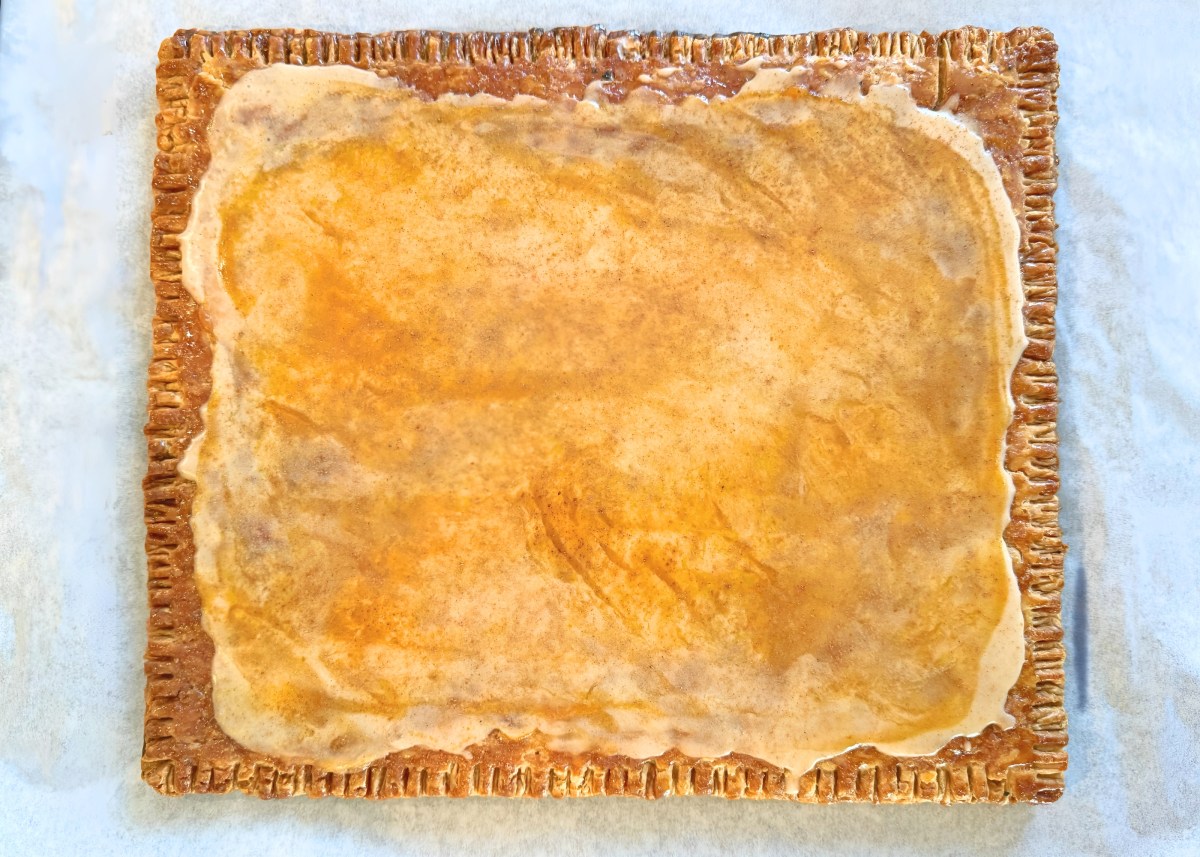PARIS (Reuters) – The number of daily new COVID-19 infections in France slowed again on Tuesday, continuing a three-week trend, with the week-on-week increase in cases below 3% for the third day in a row.
The health ministry reported 24,371 new cases, taking the total to 5.68 million, an increase of 2.64% from last Tuesday and down from week-on-week increases of more than 6% before and during the third lockdown in April.
After the first strict lockdown in spring 2020, week-on-week increases fell below 2% in June and remained below 3% until the end of July.
But after the less strict second lockdown in November, the rate has stubbornly remained above 3% and new cases spiked, forcing President Emmanuel Macron to impose a third lockdown in April, this time including a three-week closure of the schools.
The government is now gradually unwinding lockdown and curfew measures by end June, hoping that a stepped-up vaccination drive and continued social distancing will bring the epidemic under control.
The seven-day moving average of new infections is now down to 20,866, less than half the more than 42,000 seen mid-April.
“20,000 is still a high level, but what matters is the momentum,” Health Minister Olivier Veran said on Tuesday.
The number of people in hospitals with COVID-19 also fell again after two days of increases and was down by 523 to 28,427, health ministry data showed. The number of people in intensive care units with COVID-19 fell by 126 to 5,504 but remains close to a recent high over 6,000.
France also reported 257 new COVID-19 deaths on Tuesday, including 243 in hospitals – down from 311 on the previous day.
Following the vaccination of nearly 100% of care home residents, the weekly average of deaths there has dropped to six, from more than 100 around Christmas, when the vaccination campaign started.
(Reporting by GV De Clercq; Editing by Gareth Jones and Alexandra Hudson)
























